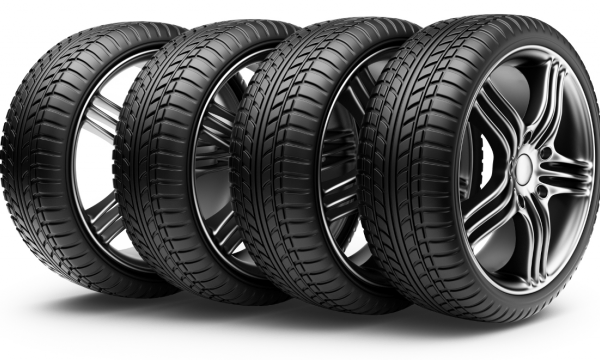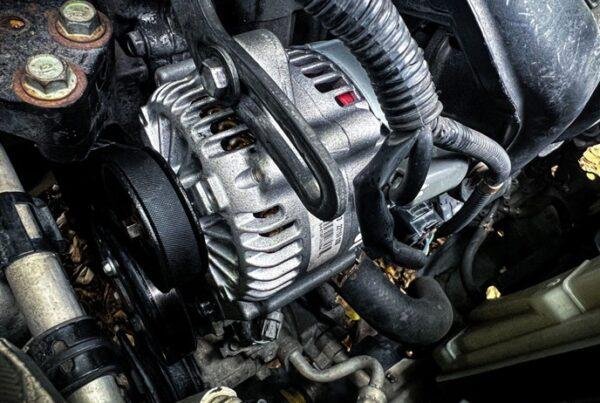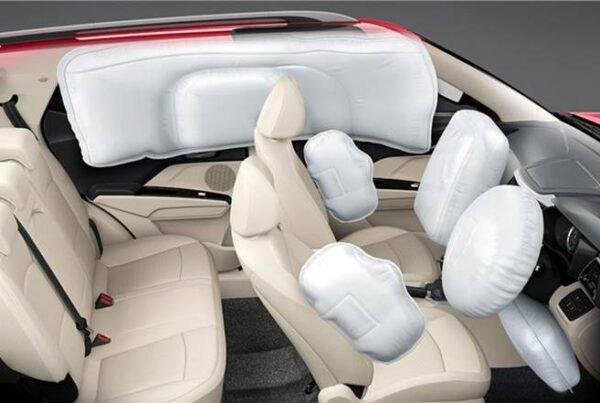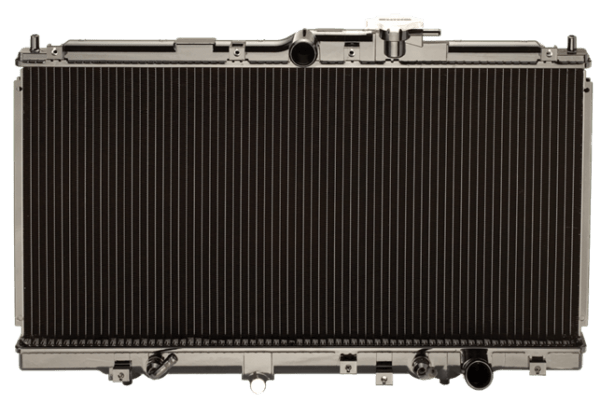Brakes
Because your car cannot stop without brakes, they are one of the most important car components to maintain. The force applied to the brake pedal aids in the application of brake power in the majority of modern vehicles. When you press the brake pedal and hear a squeaky noise, it’s time to replace your brake pads and discs. The padding on the pads may have begun to wear away and/or the discs may have begun to fall apart as a result of the high temperatures.


Tyres
Tires are, without a doubt, the most important component of your vehicle. After all, it is the tires that allow you and your vehicle to move down the road.
The primary functions of a vehicle’s tires are to support the vehicle load, transmit traction and braking forces to the road surface, absorb road shocks, and change and maintain the direction of travel. To ensure that these functions are adequately met, it is critical to inspect the tread depth, wear, air pressure, and any damage or signs of deterioration on each of your vehicle’s tires on a regular basis.
Battery
The battery in your car is an essential component; without it, your vehicle will not start because it supplies the electricity required to power and start the engine. Batteries can be recharged and linked to vehicle accessories such as radios and lights. When you turn off your engine, turn off your lights and radio; if they are left on for an extended period of time, they will drain your battery. A battery is usually found under the hood of a car, and it’s best to check it every six months to a year to see if the terminals need to be cleaned.


Shock absorber
When driving on uneven surfaces such as country roads, shock absorbers are required to keep your wheels’ grip on the road, making your ride smoother and absorbing the vibrations caused by driving. They are located beneath your car and must be checked when servicing your vehicle because if they do not absorb bumps correctly, your car may collide with the ground, causing damage.
Alternator
The alternator provides power to the vehicle’s electrical system by charging the battery and converting mechanical energy into electrical energy while the vehicle is in motion. The alternator powers most of your car’s electronic components while you’re driving or idling, including your headlights, electric steering, power windows, windshield wipers, heated seats, dashboard instruments, and radio. All of them receive alternating current (AC) from the alternator.


Airbags
Airbags are designed to inflate automatically in the event of a collision, indicating a sudden deceleration or impact force. When filled with air, the bag protects the driver and/or passenger by providing additional cushioning around the driver’s neck, head, and spine.
Radiator
The radiator prevents overheating by cooling the engine. It is close to the engine and will require a sufficient amount of coolant to prevent overheating. The coolant will circulate throughout the vehicle, transferring heat from the engine to the radiator. As hot air passes through the radiator’s fins, it is cooled and dissipated. If your car overheats, the most likely cause is a faulty radiator. Depending on the location of the problem, we offer a variety of engine cooling, radiator fans, hoses, and sealing caps.


Seatbelts
Seatbelts keep you in your seat and prevent you from being pushed out the windshield in an accident. Aside from such severe road impacts, hitting your head or shoulders against the sides or top of the car while hard braking puts a lot of strain on your body.
Catalytic converter
A catalytic converter filters out harmful emissions, allowing your car to emit only carbon dioxide and water, making it more environmentally friendly. Catalytic converters are built to last and rarely need to be replaced.


Air filter
A car has two types of air filters: one to clean the air that enters the vehicle, ensuring a constant flow of clean air, and another to clean/filter the air in the engine, which requires air for combustion. It is critical to replace broken filters and clean them when they become dirty, as debris and dirt can enter the engine compartment or, worse, obstruct airflow.
Most In-Demand Diploma Courses In Dubai
| Courses | Level 3 | Level 4 & Level 5 (HID) |
|---|---|---|
| Diploma In Engineering | 6 Months | 24 Months / Fastrack |
| Diploma In Business | 6 Months | 24 Months / Fastrack |
| Diploma In Hospitality & Tourism Management | 6 Months | 24 Months / Fastrack |
| Diploma Accountancy | 6 Months | 24 Months / Fastrack |
| Diploma In IT | 6 Months | 24 Months / Fastrack |

